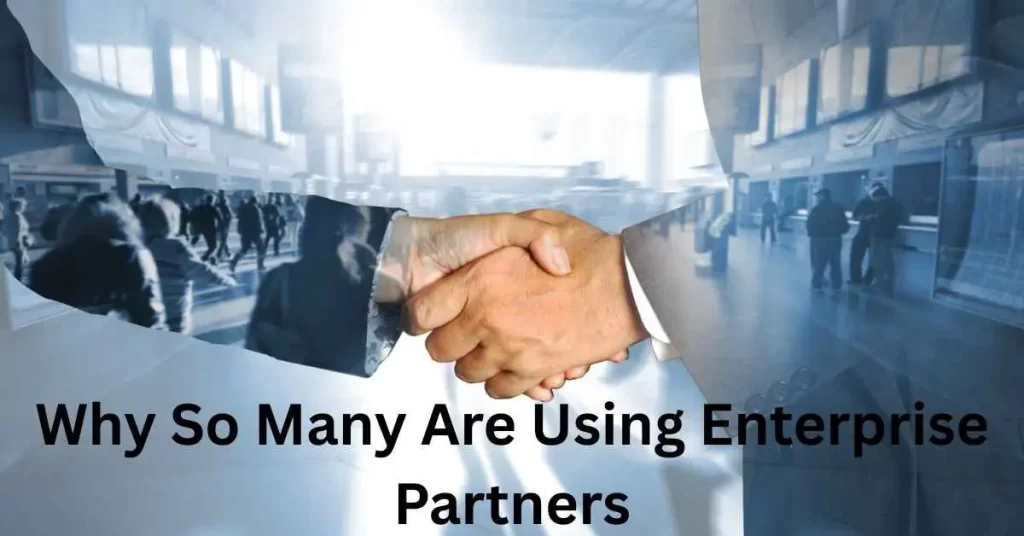Last Updated on May 1, 2025 by admin
Teamwork is incredibly crucial in a workplace environment. Without proper and well-organized team efforts, slowly drifting toward failure is extremely attainable, achieving nothing for the given business. From a school level, you have been repeatedly encouraged to use the phrase “if one for all, all for one,” and use it actively in a workplace environment as it makes a lot of sense. Not only is it essential for a team to be united, but they all have to work together toward a singular goal or vision, which presents itself as difficult to achieve given the differences in people. When people clash in disputes or conflicts, their overall performance decreases, negatively impacting the organization.
Why Focus on Team Building Within the Workplace
As stated above, an organization comprises individual components assembled to form a holistic collective. This means all businesses rely on their people to accomplish goals set at the start of every fiscal year. Therefore, conflicts can limit the organization’s growth, even on a fundamental level. Better teamwork decreases the chances of conflict within the workplace and enhances productivity, leading to better results for the company.
Nonetheless, office politics can disrupt this cohesion, which, in turn, affects the employee’s productivity. Office politics, like backbiting or vying for who gets preferential treatment, can lead to an unhealthy workplace where an employee’s self-serving agenda takes precedence over the organization’s goals. This leads to decreased productivity and disengagement, which can harm your organization’s long-term impact.
How Office Politics Hinders Business Success
Office politics might be regarded as usual at any workplace, based on the severity of the phenomenon, but their consequences are far-reaching and pernicious. In an organization where office politics exist, productivity takes a nose dive, communication stagnates, and employees withdraw emotionally. In extreme situations, it can scar the overall organizational culture, resulting in damaging consequences for the organization and its public image.
If neglected, office politics can also lead to start-ups’ demise. Personal rivalries and positioning most employees engage in to outdo their counterparts increase barriers to collaboration, preventing a scalable, unifying culture that can propel the company forward. From the perspective of a business leader, the reality is that office politics impacts more than personal relationships; it’s an indisputable truth that it directly concerns the organizational bottom line.
Why Team Building Helps Balance Office Politics
Office politics can best be conflicted maneuvering for organizational power and recognition. Team building seeks to resolve issues resulting from it. Creating a community among peers reduces the chances of controlling conflicts and enhances cohesion, resulting in stronger teams. The importance of team-building activities in any organization includes:
Increased Communication: With the right exercises, team building has been proven to unlock higher levels of respectful interaction and improvement in relations among employees. This, in turn, minimizes misunderstanding and promotes partnership among conflicting employees to improve workplace synergy.
Higher Trust Levels: Getting to know one another better helps build mutual respect and high levels of trust. Team-building drills increase the likelihood of employees bonding and further differentiate chances of competition and backstabbing.
Better Problem-Solving Capabilities: When a team is well united, they are more inclined to solve various problems collectively. Team formation nurtures creativity, where employees think of ways to overcome hurdles together.
Higher Employee Morale: The respect team members show one another fosters a positive environment that, in turn, enhances job satisfaction. Employees who feel this peer support tend to lower absences and work toward achieving company goals.
The Importance of Leadership in Combating Workplace Politics
The leader’s values shape the organizational culture within a business. To curb workplace politics, consider the following measures that promote collaboration and a healthy team dynamic:
Model Workplace Expectations: Practice what you preach and display the values proclaimed in company policies. Show transparency, equity, and courtesy of all interactions at an interpersonal level.
Promote Free Flow of Information: Staff must be able to voice their concerns without punishment. This ex-ante approach can help tackle potential issues before they snowball into serious disputes.
Promptly Resolve Minor Disputes: Minor disputes should be resolved before becoming too complicated. Every situation should be approached constructively so that all parties involved feel their opinions are valuable.
Advance Diversity Programs: Ensure all employees feel appreciated and are granted an equal chance to participate. Ensure no one is excluded from critical assignments and discussions.
Organizing Team Building Workshops: A Possible Solution
Designing a team building workshop would be ideal when you perceive workplace politics negatively impacting relations within your team. A skilled facilitator who understands team dynamics can lead your staff through exercises that improve communicative, cooperative, and problem-solving skills. When selecting a team-building trainer, prioritize candidates who have successfully helped other businesses resolve relationship issues within their internal structure. A good trainer can take your team through exercises that teach them to trust one another and communicate effectively, all while resolving conflicts. When a team works together towards common goals, spelled out as objectives, the probability of political games being played becomes minimal.
Locating the Most Appropriate Expert on Team Building
Finding the appropriate expert for your team-building needs starts with a simple online search. Trainers and organizations that focus on corporate team-building and have received favorable reviews and testimonials are ideal. Consult several alternatives to gauge their methodologies, level of experience, and the other challenges your organization faces.
Ensure that the specialist you choose shares your organizational goals and ethos. An adequately designed workshop has the potential to set the pace for the transformation of the team and enhanced performance.
Conclusion: Creating a Cohesive, Integrated Team
Strategic group formation, or team building, is significant to any organization. It allows all members to perform together with minimum disruption from office politics, respect, and cooperation. As a leader, you are integral in managing your organization’s culture by providing a modifying policy, conflict resolution plan, and scaffolding for team spirit and cohesion. By providing training, you strengthen an employee-centered team culture, increase productivity, and enhance overall organizational success.
Your initiative today: remove politics from the workplace and create a unified team to benefit the organization.


